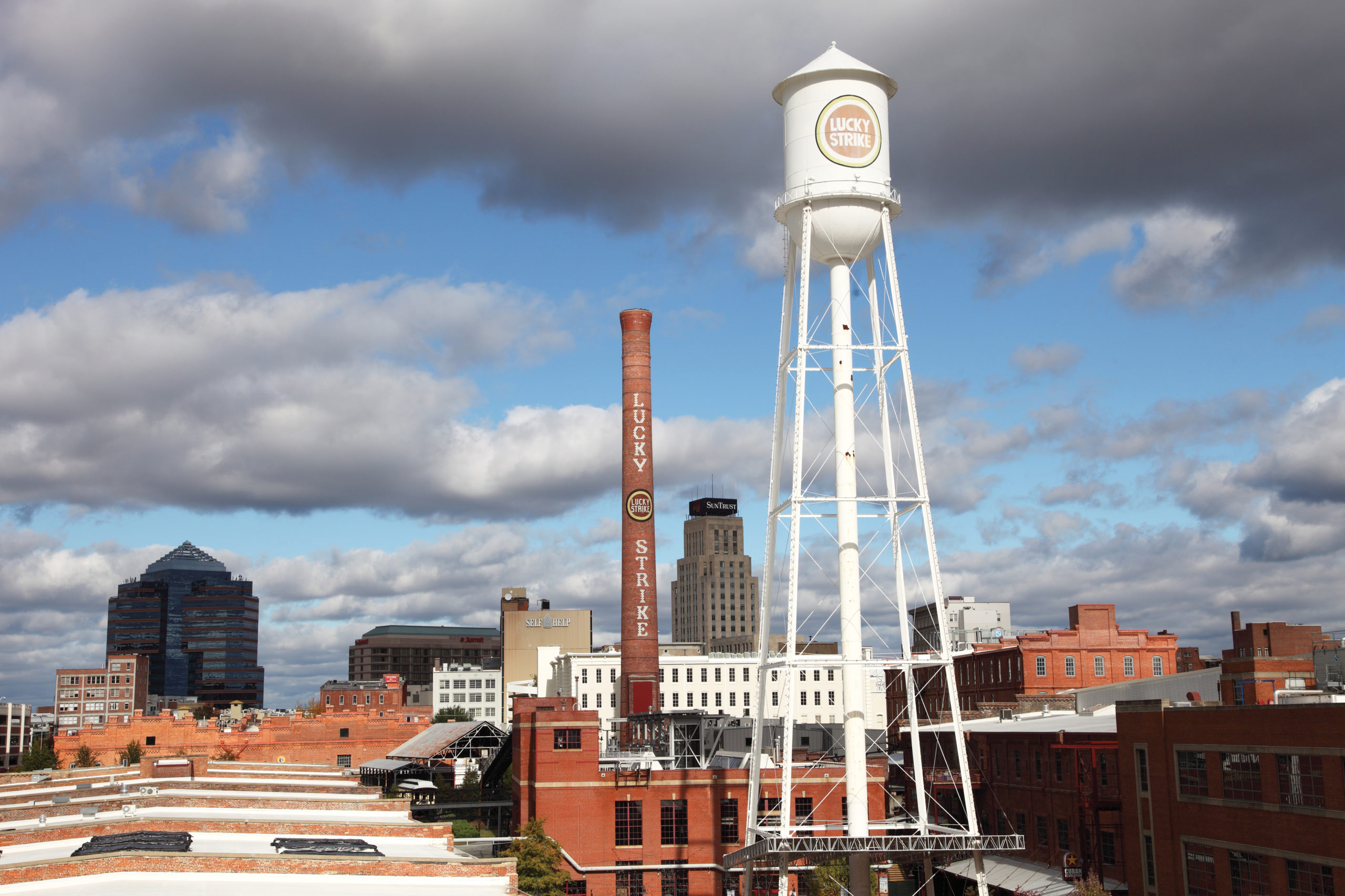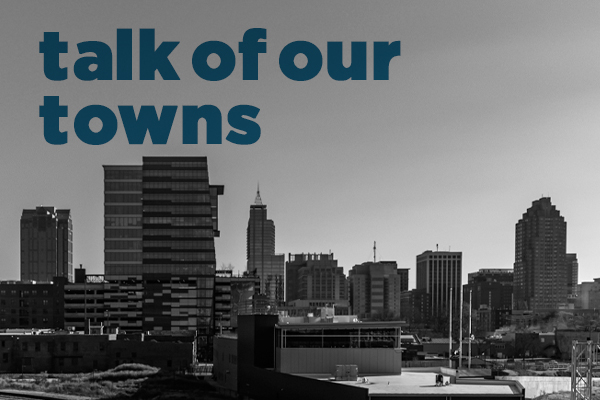Across North Carolina our towns are allocating resources, creating innovative approaches, and doing all in their power to support local businesses and nonprofits. From opening up streets to opening up new funding sources, cities are ensuring that both the lifeblood of Main Street and the support system of the neighborhoods survive the COVID-19 pandemic.
As highlighted by the League throughout 2020, our municipalities’ access to pandemic relief has been, at best, limited. Neither federal nor state lawmakers have directly appropriated funds to municipalities. CARES Act money has trickled through in many cases, but in small amounts and only by way of counties and other indirect measures.
When received, however, it makes a difference. Talk of the Towns this issue shows how cities and towns support their communities and local economies at every turn. This recap is an appreciation of those efforts, towards all municipalities—from the small mountain towns, to the tourism hubs on the coast to the metropolitan centers highlighted below.
As a response to COVID-19, the City of Charlotte launched Open For Business, a local initiative that connects businesses with resources, information, strategies and grants to help them not just survive, but innovate through the pandemic.
“This new normal has taken a harsher toll on small business owners,” the initiative’s website reads. “We’ve seen it first-hand as some of our most cherished small businesses have struggled to survive… Open for Business is about showcasing our collective strengths: the grit of our small business community paired with the resources and connections of our institutions.”

Results can be seen on the ground. In September, the City of Charlotte announced the Food Service Recovery Grant Program, which provided $4 million to qualifying local businesses in the food and beverage industry that have been impacted by the COVID-19 pandemic. Also this fall, the city allocated $2.5 Million in CARES Act funding for Workforce Partner Support Grants. These were designed to address Charlotte’s growing unemployment rate caused by COVID-19, and provided the resources needed to increase capacity of the local workforce, boost development programs, and support career and job placement assistance resources.
Several other financial resources have been established as well, such as the Thrive Hiring Grant Program geared towards workforce development and the $1.5 million Small Business Innovation Fund.
In Raleigh, the city acted early and created the Raleigh Small Business Relief Fund in May. The city council approved $1 million to the fund, and more than 150 small businesses were funded. “Raleigh is home to more than 33,000 small businesses, making them a significant force in our local economy,” said Mayor Mary-Ann Baldwin. “The creativity, innovation, and unique niches they fulfill contribute tremendously to our City and the quality of life we enjoy.”
Durham launched a similar program, partnering with Duke University, Durham County and the Carolina Small Business Development Fund to establish the Durham Small Business Recovery Fund. The program provides roughly $1 million in grants and $2 million in loans to small businesses adversely affected by the COVID-19 pandemic.

Like Durham, the City of Greensboro leaned on partnerships to get relief funds into the community. Working with the United Way of Greater Greensboro, they created the Greensboro Virus Relief Taskforce, led by both city and nonprofit leaders. As of October 8, the taskforce had distributed $2.4 million towards local nonprofits. Each funding cycle was able to address individual areas of concern, too—the most recent being housing vulnerability, such as rental assistance and homeless shelters.
Gastonia followed a similar route, partnering with United Way of Gaston County on the Gaston County Virus Relief Fund, which has accumulated more than $500,000.
Fayetteville announced in July a service to assist community members with rent, utilities and mortgage payments as a response to the Coronavirus pandemic. Citizens were eligible to receive up to $2,000 towards those expenses. Nearly $1 million of grant funding was awarded.
In Winston-Salem, community relief efforts are run through the COVID-19 Response Fund for Forsyth County. Administered by the United Way of Forsyth County and the Winston-Salem Foundation, the City of Winston-Salem pledged $1 million—from unallocated economic development bond money in 2014 and 2018—to match donations from foundations and local corporations, institutions, and individuals.
The City of Asheville acted before city hall had even opened, announcing in June that they had disbursed over $3 million to local businesses and nonprofits in the heart of the COVID-19 pandemic. “These dollars are especially vital as they have helped keep construction of affordable housing moving forward, families fed, and our nonprofits up and running,” the city’s press release read. Funding included federal dollars from the Community Development Block Grant (CDBG) and HOME programs, and the City also contributed from their GO Bond for affordable housing and the Housing Trust Fund program.
The City of Jacksonville, due to its standing as an “Entitlement City” with the U.S. Department of Housing and Urban Development, receives yearly funding through the CDBG. Under that designation, they also received some CARES Act funding. When that money was received, they established the Utility Payment Program. The program is designed to assist residents that were directly affected by the COVID-19 pandemic, whether through job loss, reduced hours, or another similar situation. For those residents and families, up to three months of funding became available to help with utility payments.
This list of assistance is by no means extensive. These stories can be found far and wide—from the large cities above, all the way to the small western town of Dillsboro. In October, the town, population 232, launched a grant program to help its struggling local businesses. As reported by the Smoky Mountain News, Dillsboro leveraged $200,000 it received as part of a local bridge project. Those funds will go towards businesses needing to offset lost revenue and heightened expenses due to COVID-19.
“The town board would like to help our businesses and restaurants that were forced to close as ‘non-essential’ back in March,” Mayor Mike Fitzgerald told the Smoky Mountain News. “This board was proactive in working to recover from the 2009 recession by partnering with WCU and funding grants to attract several anchor businesses. We want to continue that tradition now by using this money to help out. This will help our small owner-
operator shops as well as our larger businesses.”














